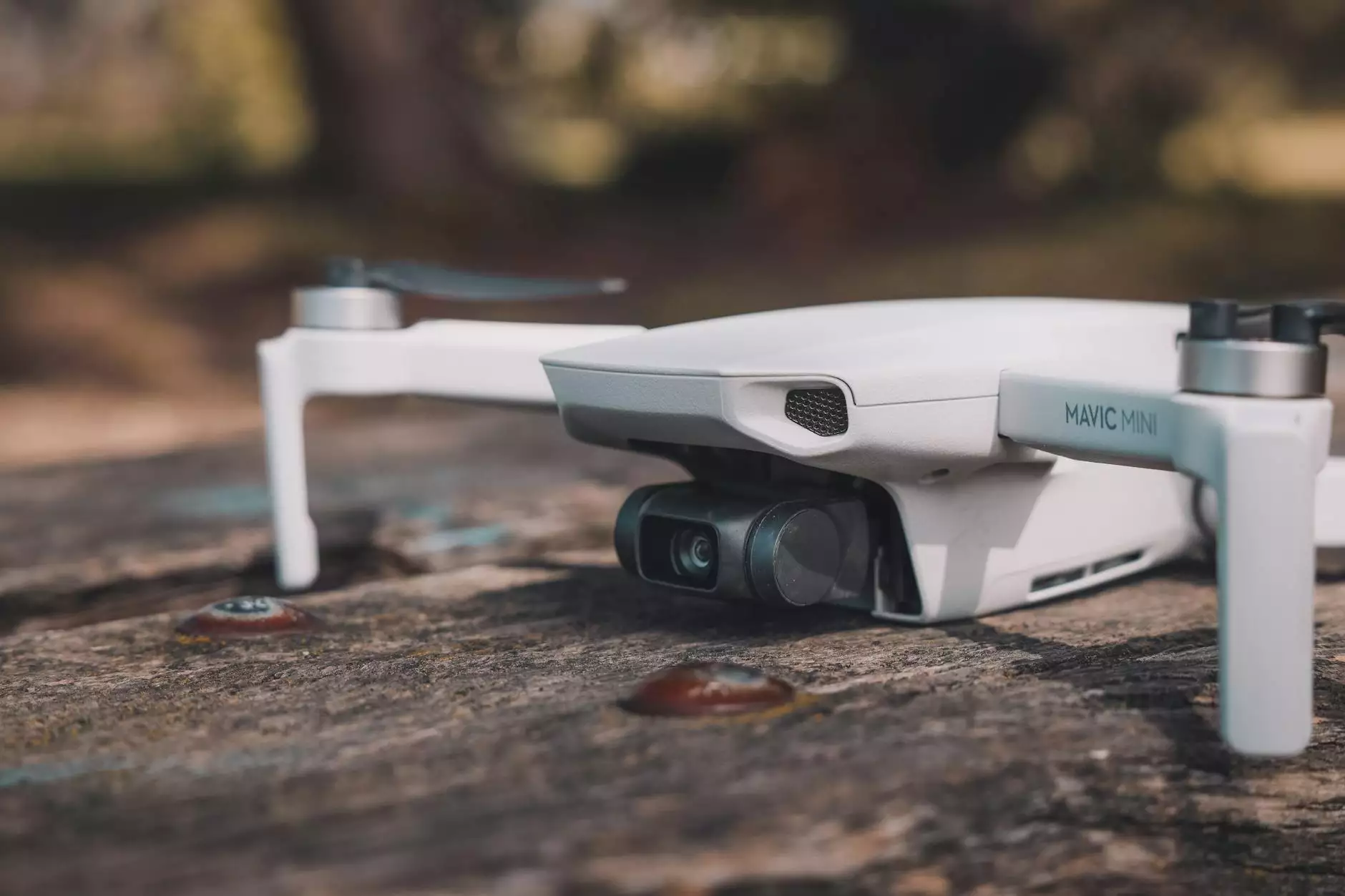Enhance Your Business Security with a Professional Security Camera System

In today's rapidly evolving business landscape, the need for effective security measures has never been more crucial. A robust professional security camera system serves as a fundamental line of defense against theft, vandalism, and other security threats. As a leading provider in the fields of telecommunications, IT services, and computer repair, Teleco understands that having a well-implemented security system is essential for any business looking to protect its assets and ensure peace of mind.
The Importance of Business Security
Understanding the significance of security in business operations is paramount. Here are some reasons why investing in a professional security camera system is a wise decision:
- Theft Prevention: Security cameras act as a deterrent. Visible cameras can reduce the likelihood of theft, both from intruders and employees.
- Improved Employee Safety: A secure environment enhances the safety of your employees, contributing to higher morale and productivity.
- Enhanced Evidence Collection: In the event of a crime, having recorded footage can be invaluable for investigations and legal proceedings.
- Insurance Benefits: Many insurance companies offer lower premiums to businesses with security systems in place, potentially saving you money.
Types of Professional Security Camera Systems
When considering a professional security camera system, it is essential to recognize that there are various types of systems tailored to meet different needs. Here are some primary options:
1. Analog Cameras
Analog cameras are traditional security cameras that transmit video signals to a recording device. While they are generally more affordable, their image quality may not match that of newer technologies.
2. IP Cameras
Internet Protocol (IP) cameras are a popular choice for modern businesses. They provide high-definition video quality and use the internet to transmit footage, which allows for remote viewing and advanced features.
3. PTZ Cameras
Pan-Tilt-Zoom (PTZ) cameras are versatile and allow for remote control, enabling users to pan, tilt, and zoom in on specific areas of interest.
4. Wireless Cameras
Wireless security cameras offer flexibility with installation and can be easily moved. They connect via Wi-Fi, eliminating the need for extensive wiring.
5. Thermal Cameras
Thermal imaging cameras detect heat signatures, making them effective in low-light conditions and valuable for monitoring premises during nighttime.
Benefits of Implementing a Professional Security Camera System
Investing in a professional security camera system offers numerous benefits that extend beyond mere surveillance. Below are some compelling advantages:
- 24/7 Surveillance: Cameras can operate around the clock, providing constant monitoring of your premises.
- Remote Access: Many modern systems allow business owners to monitor their property remotely via smartphones or computers.
- Scalability: Security systems can be expanded easily, accommodating business growth without significant infrastructure changes.
- Improved Customer Trust: A visible security presence can enhance customer confidence, as it demonstrates a commitment to safety.
Choosing the Right Professional Security Camera System
Selecting the right professional security camera system requires careful consideration of your specific needs and circumstances. Here are some key factors to analyze:
1. Business Size and Layout
Evaluate the size of your business and its layout. Larger businesses may require more cameras for comprehensive coverage, while smaller establishments may function efficiently with fewer units.
2. Specific Security Concerns
Identify what you need to protect. Are there specific areas more prone to criminal activity? This will influence camera placement and types of cameras required.
3. Budget Considerations
Every business has a budget. Determining your budget upfront will help narrow down options and ensure you find a system that provides good value without compromising quality.
4. Monitoring Options
Decide whether you want a self-monitoring system or a professionally monitored system. The latter can provide peace of mind, as trained professionals will react promptly to any incidents.
5. Integration with Existing Systems
Consider how the new camera system will integrate with existing security measures. Combining surveillance systems with alarms and access controls enhances overall security.
Installation of a Professional Security Camera System
Once you select a suitable professional security camera system, the next step is installation. Proper installation is critical to ensure the effectiveness of the system. Here are some steps involved in the installation process:
- Site Assessment: Conduct a comprehensive assessment of the site to determine optimal camera placements, considering areas of vulnerability and coverage.
- Equipment Selection: Choose the right cameras and supporting equipment (DVR/NVR, cabling, etc.) based on your earlier analysis.
- Wiring and Connectivity: For wired systems, ensure proper cabling is installed, while wireless systems need configuration for reliable connectivity.
- Camera Positioning: Mount the cameras in strategic locations to cover blind spots and areas of concern, ensuring they are high enough to avoid tampering.
- Testing: After installation, test each camera for video quality and adjust angles as necessary.
- User Training: Train employees or designated personnel on how to operate the system, access footage, and respond to alarms.
Maintenance of Your Security Camera System
Maintaining your professional security camera system is crucial to ensure it functions effectively over time. Here are some best practices for maintenance:
- Regular Cleaning: Dust and debris can obstruct camera lenses. Regularly clean lenses and housing to maintain clarity.
- Software Updates: Keep software up to date to protect against security vulnerabilities and improve functionality.
- System Checks: Periodically check the functionality of all cameras, ensuring they are operational and positioned correctly.
- Storage Management: Monitor the storage space and ensure it is sufficient for recording duration. Regularly archive or delete old footage as needed.
Conclusion
A professional security camera system is an indispensable asset for safeguarding your business. By enhancing security measures, you not only protect your physical assets but also promote a safe working environment for your employees and customers. Investing in a reliable and efficient system is a proactive step towards fostering growth and trust in your business. At Teleco, we are committed to providing top-tier security solutions tailored to meet the diverse needs of our clients. Let us help you enhance your security today!









